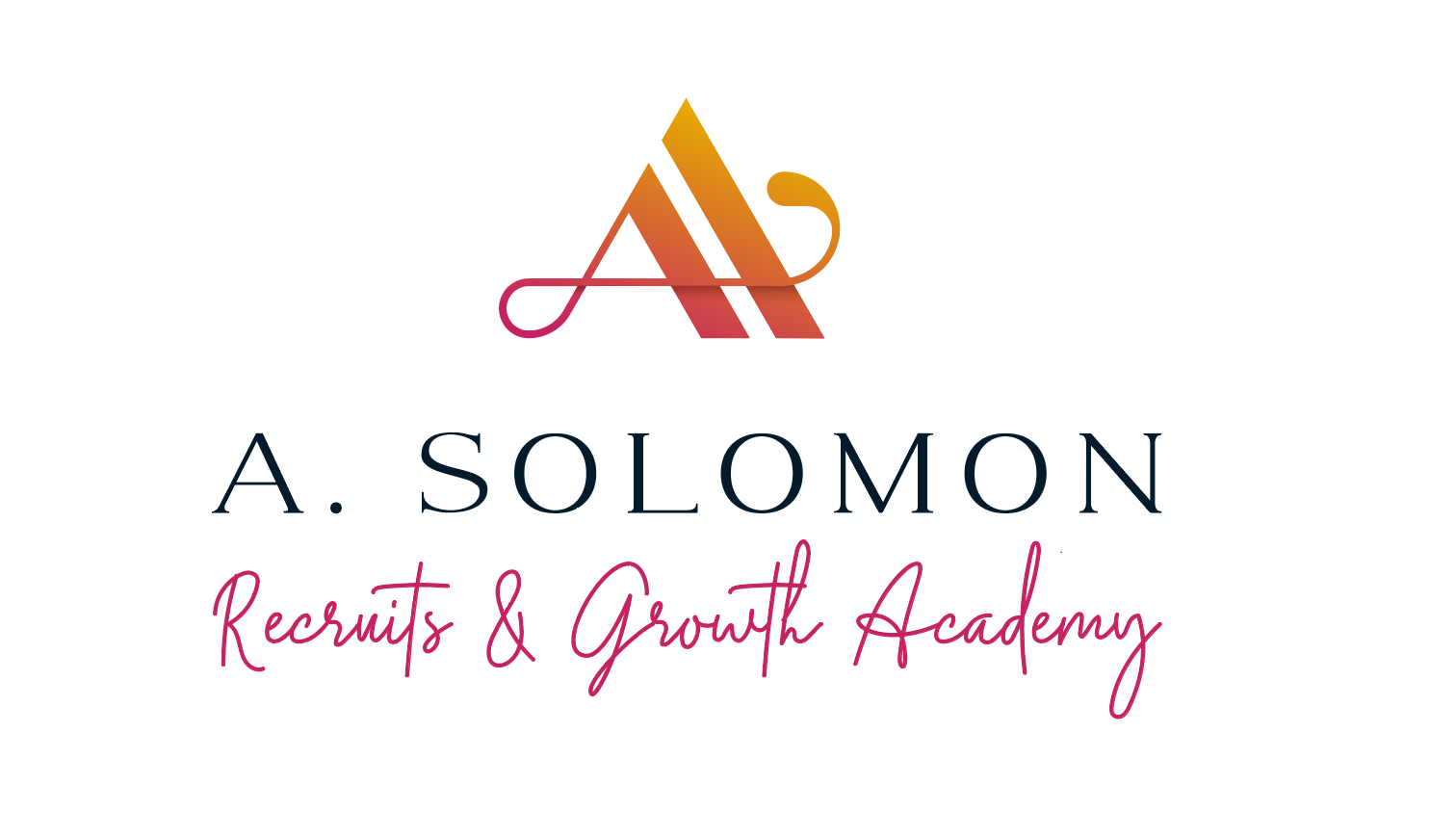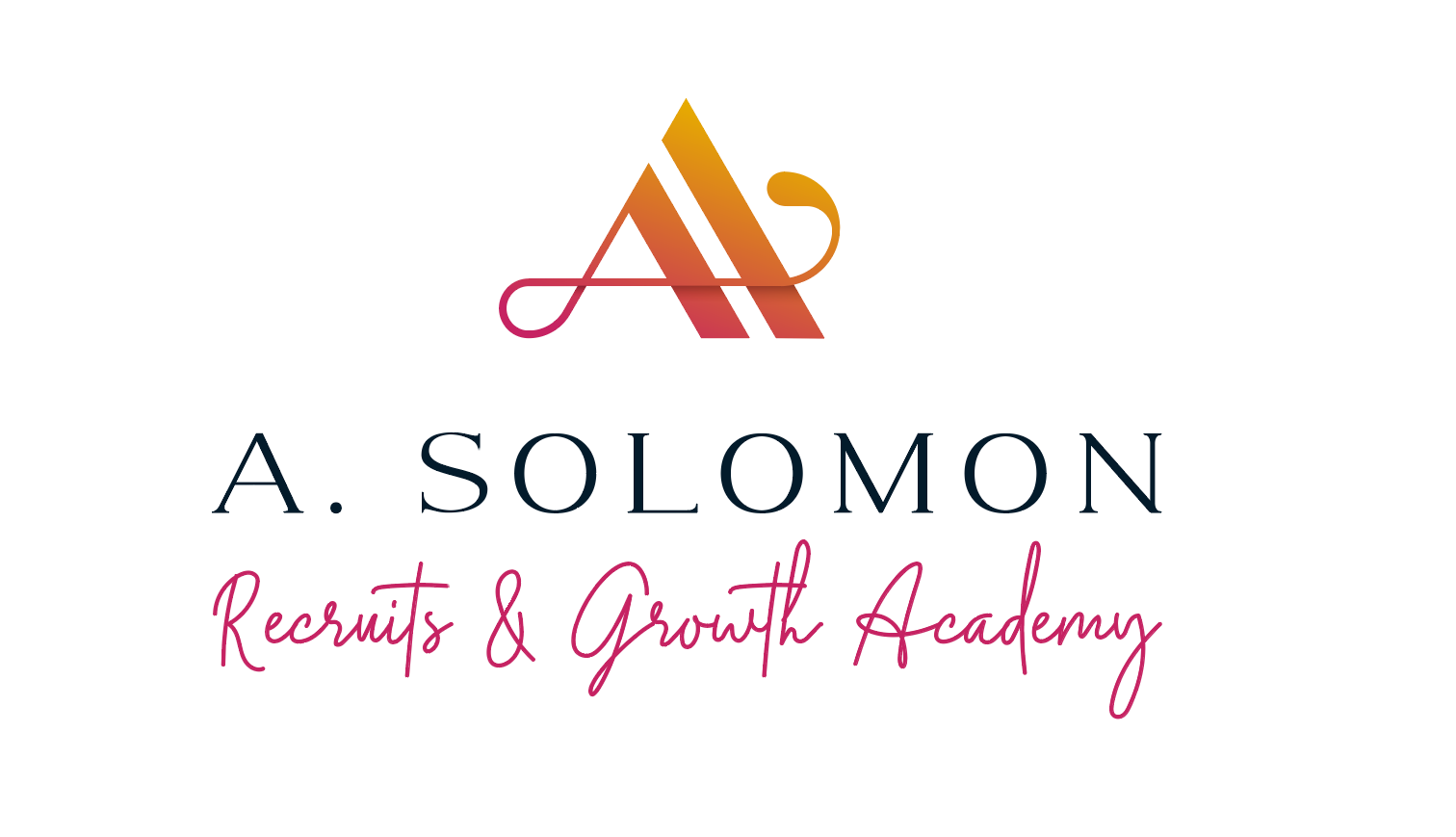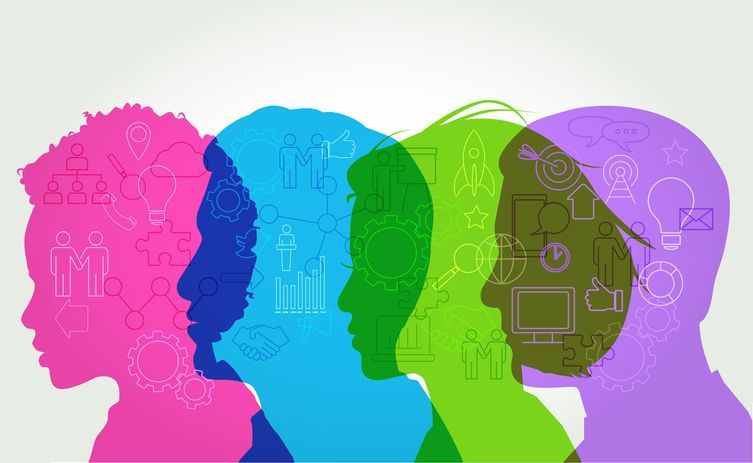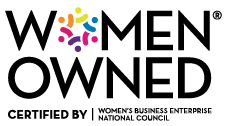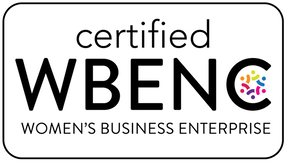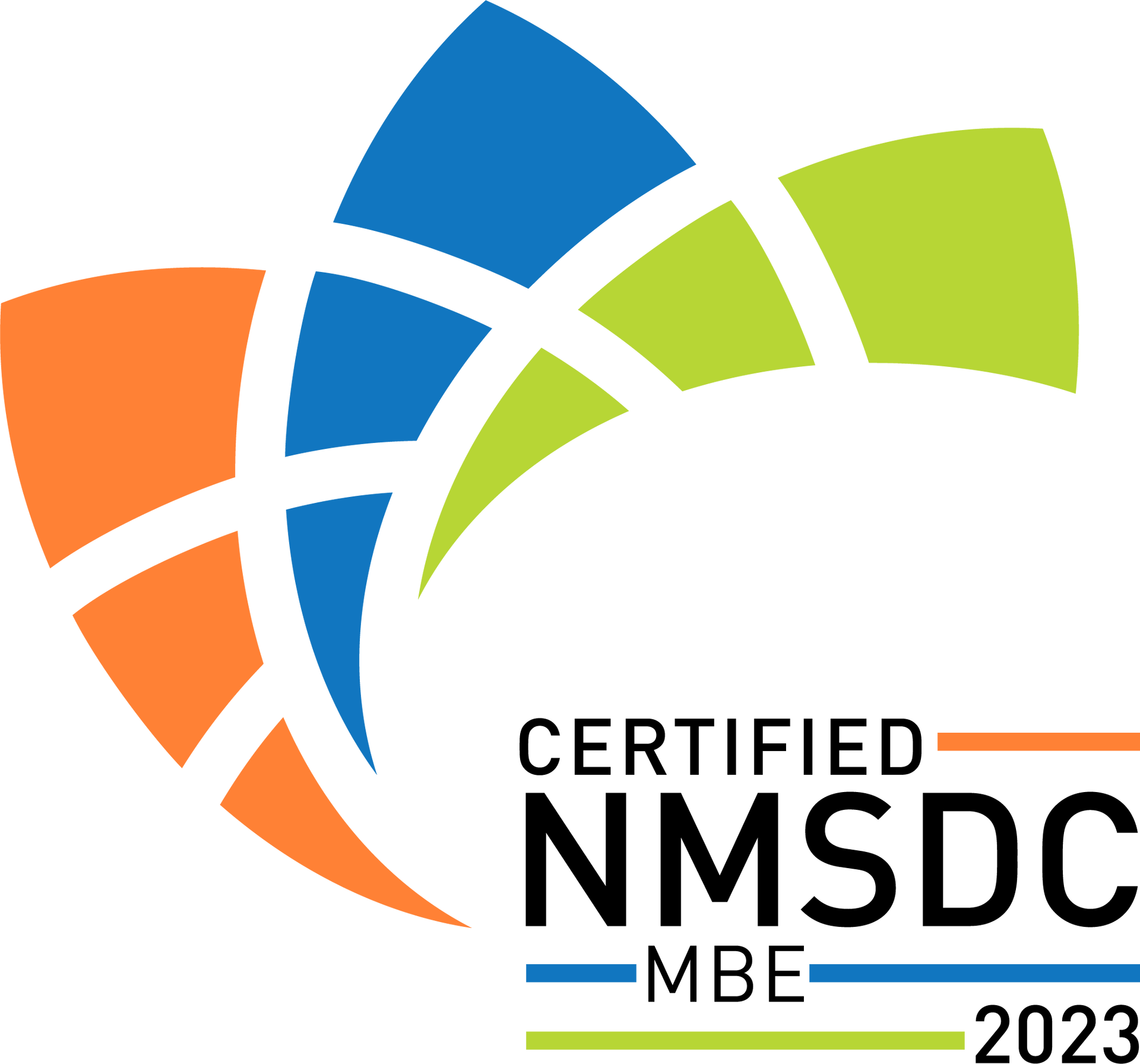2019: Two Critical Steps Towards Equal Pay
Last Monday, Senator Kamala Harris (D-CA) introduced a plan as a Democratic president hopeful to force the hand of corporations in the latest battle for gender equality in the workplace. Harris said, "when we lift up the economic status of women, you lift up their families, their neighborhoods, and all of society." I agree with Harris when she said, "it's an issue that’s been around for far too long without much progress at all." As much as I've blogged about it, staffed and career coached all kinds of women over the years, the same issues remain, and 'something's gotta give' on this issue. In terms of Wall Street, workplace conditions and inequality in pay for the same work, our current, accepted system is simply outrageous. Wall Street is synonymous with money, stature and class, but this is only true for the white male population. I hear it all the time--women who are plenty of times stuck in title, given more responsibilities in work and drastically underpaid compared to their white men counterparts (not infrequently up to 100k difference in salary).
Harris claims that under her administration all corporations would need to receive "Equal Pay Certification" from the Equal Employment Opportunity Commission. She mentioned going so far as to use executive privilege to establish equal pay for women, if Congress fails to take the right steps. As it stands in mid 2019, women still make 80 cents on the dollar to their white male counterparts, while African-American and Hispanic women get paid 60 cents to the dollar. The realm of government oversight on companies is a legal quagmire—however, it’s an oversight that might just need to happen, given that it’s 2019 and we find ourselves in this position. Until our society decides to strictly enforce penalties and oversight on these companies things won't change. Cash is the ultimate king and when companies start feeling the heat through fines and levies women will finally start seeing changes in their paychecks. This is a reinforcing cycle, as once women are given the spending power they deserve, they will reassert their worth, and so the cycle continues.
Other presidential hopefuls are lock in step with passing bills that directly impact women in the workplace when it comes to pay. Bernie Sanders (I-VT) "has an equal pay initiative that is part of his 12-point economic agenda." Booker, Klobuchar and Mayor Pete Buttigieg are also on the gender pay equality bandwagon. It’s a good sign that equal pay is on many hopefuls minds, but Harris' plan in particular is most promising, inasmuch as it will accelerate the movement well beyond former President Barack Obama's pay equity execution action in 2016.
A couple of months ago I attended a Women'sWerk Women in Power conference which had several panel discussions led by African American and Hispanic C-Suite experts in the field of diversity and inclusion. One of the topics discussed was gender pay inequality and the need for salary transparency. Essentially, don't be afraid to tell other women how much you make. The way I grew up, discussing money outside of your home and with people who weren't directly affected by your income that was considered rude and never too be discussed. But this conference shed light on how one of the key ways to go about making a change is to move beyond this socially constructed taboo, and be open with other sisters in the industry and beyond. We have to be on the same side, making everything inequitable about the system transparent and visible to all. Only by bringing it into the light and into discussion can we begin to bring about systemic change.
Both of these approaches are critical when it comes to the fight for gender pay equality. The government needs to step in to make companies open their books and show what their men and women are being paid. In turn, employees, especially women and people of color, need to learn the importance in being transparent and sharing their experiences. Acknowledgment and discussion leads to change.
We are better together!
I AM someone who sees incredible potential in places most people don't think to look. As an owner of a diversity staffing boutique, my team and I walk alongside our Clients in creating professional environments that are truly for ALL. I believe in our interconnectedness as a human race and strive every day to use my gifts to empower the workplace’s invisible and powerless. I rarely bet on certainty and always root for the underdog because, after all, those are the best stories to tell.
Hi there! Thanks for reading! Follow Angela Solomon on her social profiles! | LinkedIn: /ASolomonRecruits | Facebook: @ASolomonRecruits | Instagram: @A.SolomonRecruits | Twitter: @AS_Recruits | Pinterest: @AS_Recruits

